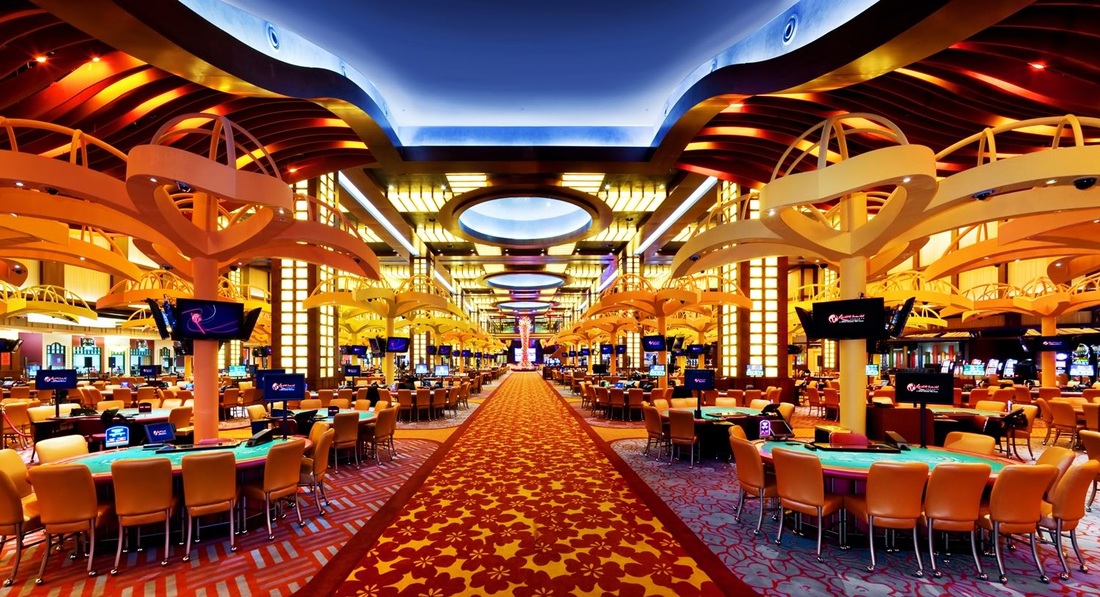
Gambling in casinos has long been a subject of fascination and debate, attracting millions of players globally. With a mix of luck, strategy, and the excitement of uncertainty, casino games offer an exciting escape from everyday life. However, as entertainment becomes ever more accessible, it invites a deeper examination of the morality surrounding these games.
At the heart of the debate lies the question of whether casinos promote safe gambling or take advantage of vulnerable individuals. The appeal of potential winnings versus the reality of losses can create a challenging situation, and understanding this balance is essential for both players and operators. As we delve into the morals of casino gaming, we will explore the responsibilities of casinos, the impact on society, and the measures that can be taken to foster a better gaming environment.
The Impact of Casino Gaming on Society
Casino gaming has a significant influence on the community, affecting not only the financial landscape but also interpersonal dynamics and local frameworks. The funds generated from casinos can lead to employment opportunities and boost regional economies, as they provide various employment opportunities in different sectors including hospitality, entertainment, and shopping. However, while the economic advantages can be significant, communities often grapple with the possible negative impacts that arise from increased gambling activity.
Additionally, the presence of casinos can lead to an rise in gambling addiction, presenting serious challenges for players and families. The thrill of casino games can quickly transform into a habitual habit, affecting connections with others and leading to financial instability. Many individuals may struggle with the loss of control over their gambling behaviors, resulting in a need for community support services and help to address this increasing issue. The social cost of gambling addiction can ripple through families and neighborhoods, creating an urgent need for sensible gambling approaches.
In addition to the economic and social consequences, casino gaming often showcases cultural attitudes towards risk and leisure. It can foster a sense of joy and leisure, attracting tourists and boosting tourism. However, this allure may also conceal the wider implications of gambling as a method of entertainment, provoking ethical questions about its promotion and availability. As communities weigh the advantages and drawbacks of casino gaming, the need for sensible approaches and regulation becomes increasingly critical in ensuring that the beneficial elements are maximized while reducing the negative effects. https://789winn.io/
Moral Issues in Gambling Activities
The morality of casino gaming often center around the risk for addiction and its effects on people and families. Gambling can lead to serious financial distress, impacting not only the betters but also their loved ones. As individuals become caught in the allure of winning, many lose sight of their budget, which can result in devastating results such as insolvency. This poses ethical questions about the duty of casinos in fostering safe gaming habits and providing support for those who may be dealing with betting addiction.
Another critical concern is the advertising of betting to vulnerable populations. Gambling establishments often target low-income people or neighborhoods with the offer of quick rewards, which can continue cycles of poverty and despair. In this situation, the ethics of advertising strategies used by casinos come under scrutiny, as they may take advantage of the need of individuals seeking an way out from economic troubles. This manipulation raises moral questions about the honesty of the betting industry and its responsibility to protect its most vulnerable patrons.
Additionally, the impact of casino operations on the community as a whole cannot be ignored. While some argue that gambling establishments create jobs and boost local economies, others point to the social costs associated with dysfunctional betting, increased crime rates, and a strain on public services. Balancing economic benefits with the potential for community issues presents a challenging ethical dilemma for policymakers and gambling operators alike. The difficulty lies in finding a ethical approach that prioritizes the well-being of people and society while still permitting for the pleasure of gambling gaming.
Regulation Structure and Responsibilities
The regulatory structure pertaining to gaming games is developed to ensure justice, trustworthiness, and participant safety. Multiple government bodies and gambling commissions set and apply regulations that dictate how casino games operate, the criteria for product creation, and the protocols for processing winnings. These regulations differ by locale but typically involve permit requirements for businesses and stringent measures to prevent fraud and fraud.
In furthermore to governing bodies, gambling establishments bear major accountability in maintaining ethical standards within their establishments. They must implement safe gaming practices that support player protection and education, including offering self-limitation options and providing information about the hazards connected to gaming. Establishments are also responsible for training employees to spot signs of problem betting and be aware of the appropriate steps to support patrons in trouble.
Additionally, openness in gambling operations is crucial for earning and keeping public confidence. Gaming establishments should offer clear data about the odds of games, promotional opportunities, and any connected hazards. By promoting an atmosphere of honesty and responsibility, operators can help reduce the likelihood harmful impact of gaming while boosting the overall betting experience for all players.
